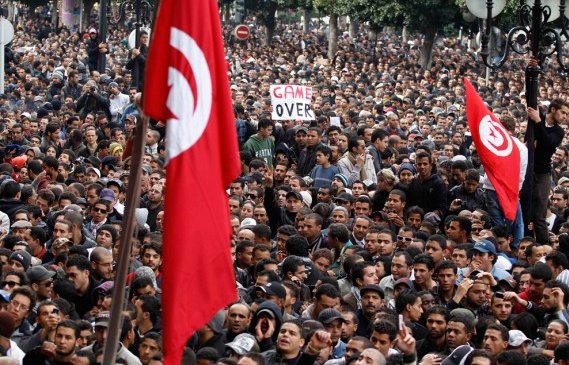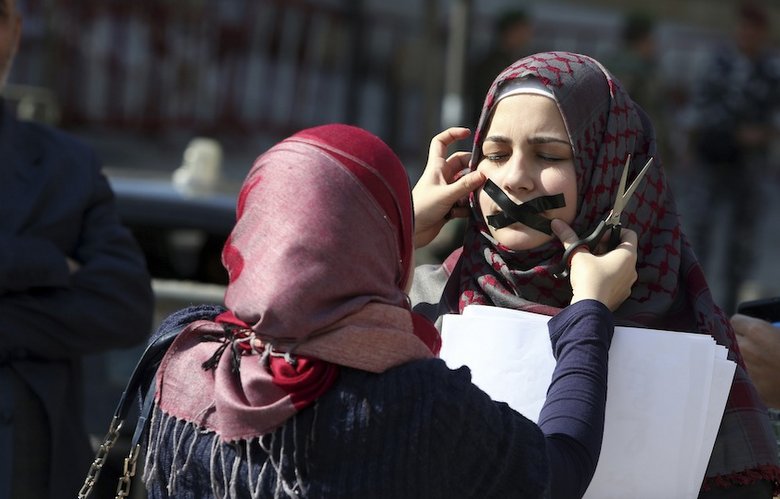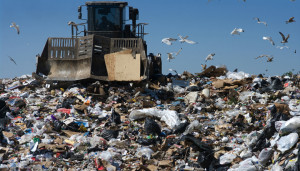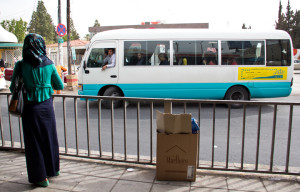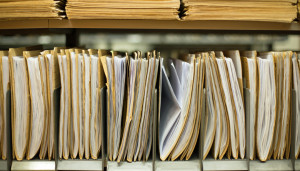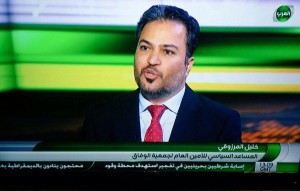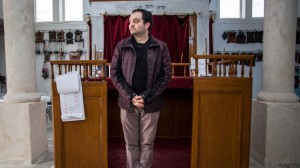By Sandra Hiari
On December 18, the Arab Spring will blow its first candle.
Many a times I find myself living in a nook in the Middle East dubbed by Ahmad Humeid as a “Confused Arabia” (in the opening banner of 360°East). As a full annual cycle of the Arab Spring is about to come to an end next week, there is a lot for one to ponder on the changing relationship between self and country. As an average Jordanian, a revolution may have not hit home but the fluctuations I went through are not to be underscored. What I have learnt throughout this first cycle of the spring is:
That as a citizen, questioning the state doesn’t reflect disloyalty, it reflects concern.
Hiding under the covers of slogans depicting loyalty has come to mean that we choose to shy away from addressing problems and instead resort to quick-fix, short-term exit strategies. I found myself engaged in many conversations immediately after March 25, asking whether I endorse a group perceived as trying to mimic Egypt’s Jan25 or do I stand by the King. It was a black and white question, and I had a grey answer to it. It ran across the lines of questions around religion I was asked as a teenager: do you believe in praying yet you don’t cover your hair? It is as if supporting one attitude denies the other. The Arab Spring brought with it material for many such questions to be asked in social occasions. Once again in my life, I am being asked to take a stand. Like the case has been for my attitude towards religion, I believe strongly that you have the right to ask because you care about finding the answer. How you react to the answer is a different discussion altogether. The minute authoritarianism asks you not to ask and claims a stand of absolute power, then that is when you know that it is hiding something – and perhaps covering a weakness.
Reform is not a taboo word.
When I was about to send out my first tweet on Jordanian politics and use the hashtag #ReformJO, I hesitated since I thought that I would be called in by the general intelligence directorate. At this point I realized that the citizen in me was one that was slightly scared and with a mixed set of priorities. As I started tweeting on politics by the day, I realized that this very citizen had a broken link with its state. The initial reaction of fear instead turned into a whole world of fascination – there was a lot happening in Jordan that I had never understood simply because there was not enough debate stirred around it. But can’t we be thankful enough for Twitter? It enters and the 140-character debates sprout. Through these tweets, I have come to realize that the antagonism we as citizens have been living in was both unhealthy to us and the state alike. It’s as if we lived on two different islands. We sure shared the language, but we have been living far apart.
Loyalty is a question of attitude between the tribal system and the state
After more than 60 years of independence have passed, the idea of citizenship quickly jumps back to a tribal rhetoric. Family names still matter, but there are too many of them fighting for prominence. The state’s typical reaction has been appeasing tribal figures by bringing them in to have a piece of the power pie. When revolutions erupt in neighboring countries, I wonder how much our tribes want to expand their share of the pie. Some incidents speak to the power-expansion inclinations. It hurts me to see a major highway like the Amman-Airport Road shut down because a group burns a couple of tires and try to challenge the power of their name versus the state. Welcome to tribal rule. Its crude and primitive unfolding testifies to the brittleness of citizenry identity formation. It’s a challenge to agree on what a “loyal Jordanian” means given the underlying family and tribial loyalties.
Jordan is a part of the region and its notion of an oasis is a myth
We love the security and tranquility of our country, and personally I like to see that last. We, however, are not living in an oasis. We are squished between the revolutions in Syria and Egypt. Syria is that place where we used to take one-day weekend trips – Damascus is nearer than Aqaba (not to mention a cheaper traveling option). Cairo is your typical Eid destination, and it is not that far away. Effect by proximity is inevitable. It may not hit the state bad, but it hits hard. Think of Jordan during the gulf wars on Iraq. Now think about sanctions on neighboring Syria. Draw a parallel?
I recall the time I started reading Charles Dicken’s “A Tale of Two Cities” in school and think that he couldn’t have depicted the confused state we are living in better.
“It was the best of times, it was the worst of times…it was the spring of hope, it was the winter of despair”
Is it quite incidental that it refers to the seasons also? The end of the Arab Spring seems to be volumes away. The one-year baby has just met the world. Hello World.
